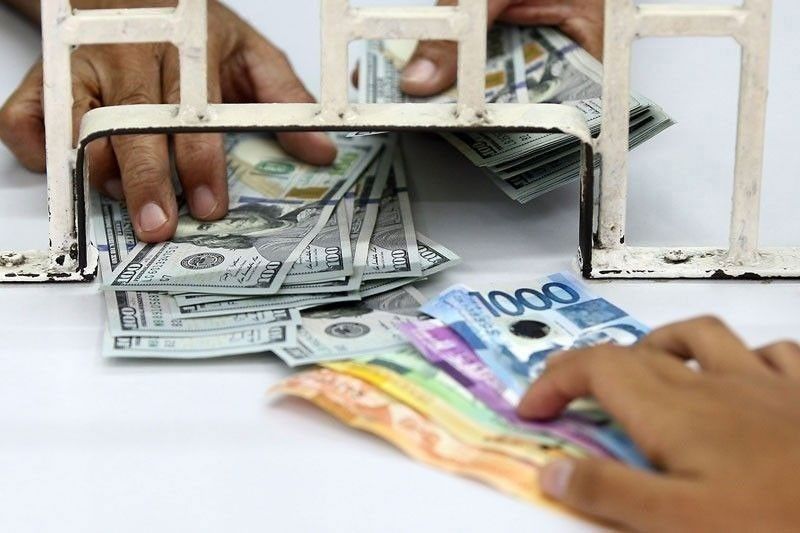World Bank sees remittances to Philippine falling by 5% this year

MANILA, Philippines — Money sent home by Filipino workers stationed overseas can decline by five percent this year as growth and employment levels in most migrant-hosting countries remain weak, latest estimates of the World Bank showed.
In its latest Migration and Development Brief, the multi-lateral lender said the remittance drop would be the result of having almost 300,000 migrant workers returning home by the end of the year.
“Remittances to the Philippines are estimated to drop by five percent in 2020,” said the report. “This likely reflects the absence of formal safety nets available to migrant workers in many host countries in the face of the pandemic and the large repatriation of Filipino workers.
By far, the US remains the primary source of remittances for the Philippines, comprising 38 percent of the funds sent home to beneficiary families. This was followed by Saudi Arabia (seven percent), Singapore (6.3 percent), Japan (six percent), United Arab Emirates (5.3 percent) and the UK (5.2 percent).
World Bank said remittance inflows from the United States remain resilient, growing by 5.8 percent in the first eight months.
In contrast, remittances over the eight-month period declined from sources in the Middle East and Europe by 13.2 percent and 16.1 percent, respectively.
The Philippines is the second largest recipient of remittances in the Asia Pacific Region next to China, with money sent from abroad accounting for around 9.1 percent of the gross domestic product (GDP) via increased household income and consumption.
Latest data from the Bangko Sentral ng Pilipinas (BSP) showed personal remittances retreated by 2.6 percent to $21.41 billion from January to August.
In 2019, the amount of money sent home by overseas Filipino workers reached a record $33.47 billion.
Within the region, remittance inflows to the East Asia and Pacific Region are projected to fall by 11 percent to $131 billion because of the economic fallout from the pandemic.
The average cost of sending to the region increased slightly to 7.1 percent in the third quarter with transfer costs to the Philippines remaining the lowest in the region.
Worldwide, the amount of money sent home by migrant workers is expected to decline by around 14 percent by 2021.
Remittance flows to low and middle-income countries (LMICs), are projected to fall by seven percent to $508 billion in 2020 followed by a further decline of 7.5 percent to $470 billion in 2021.
Driving the decline in remittances include weak growth and employment levels in countries that host migrants, weak oil prices, and depreciation of the currencies of source countries against the US dollar.
Remittance flows to LMICs touched a record high of $548 billion in 2019, larger than the foreign direct investment flows ($534 billion) and overseas development assistance (about $166 billion).
Amid the employment crisis for migrant workers, the World Bank urges source countries to have strong support systems for returning migrants in terms of reintegration and finding new employment.
“Beyond humanitarian considerations, there is a strong case to support migrants who work with host communities on the frontline in hospitals, labs, farms, and factories,” said Michal Rutkowski, director of the Social Protection and Jobs Global Practice at the World Bank.
- Latest
- Trending





























